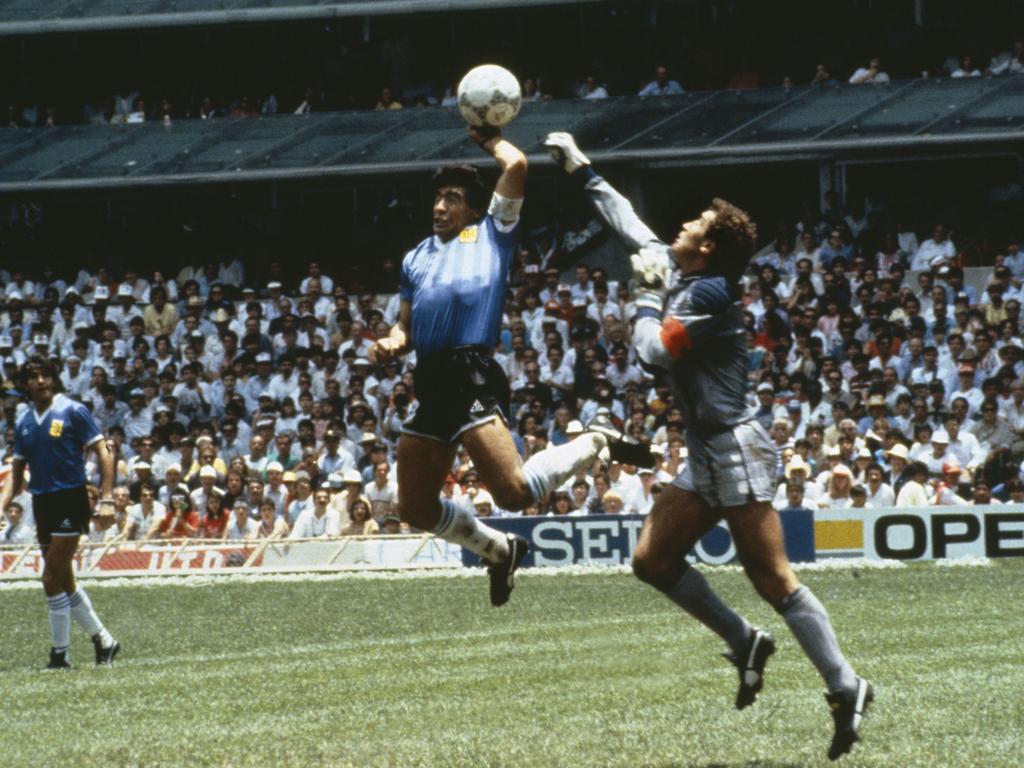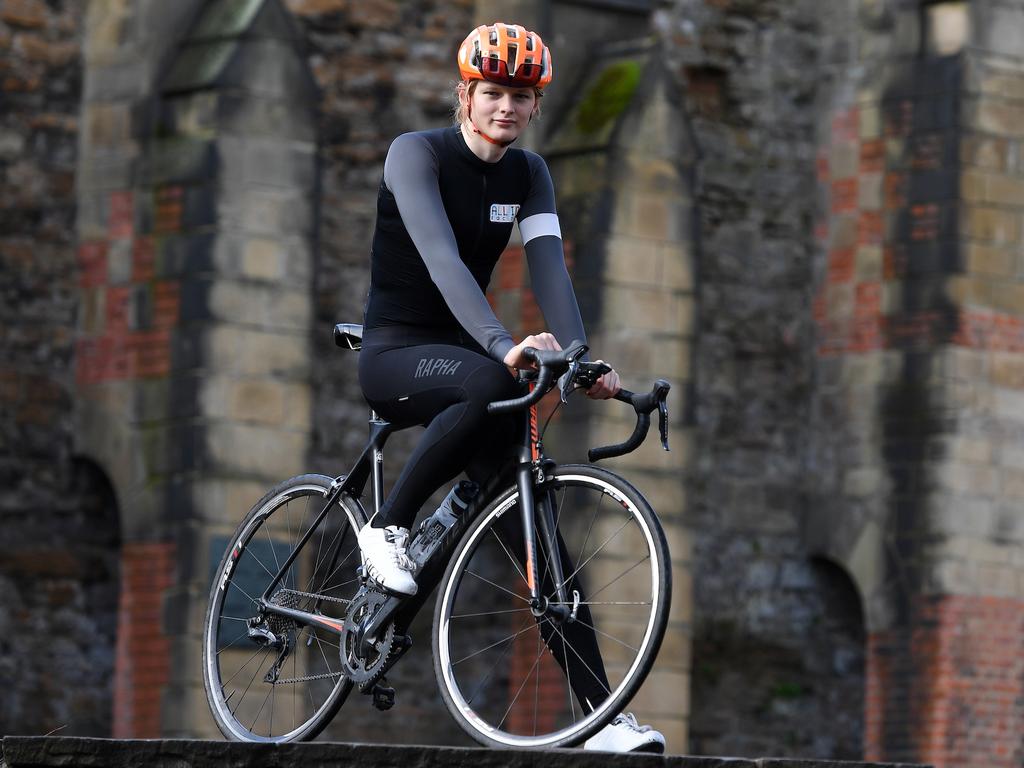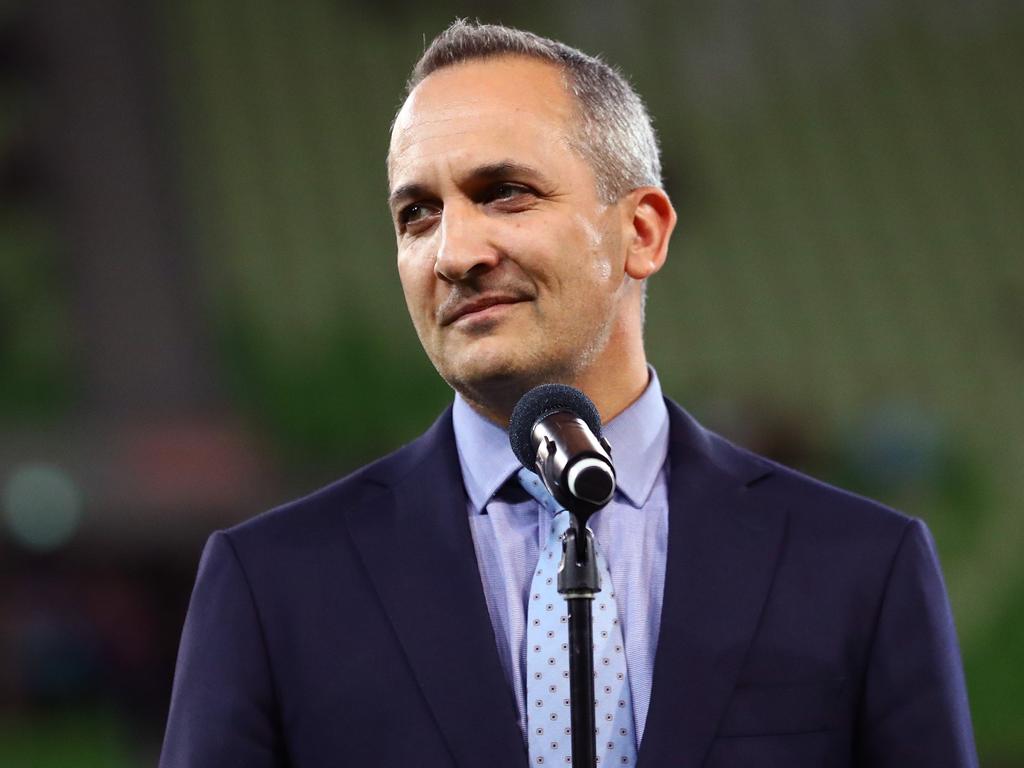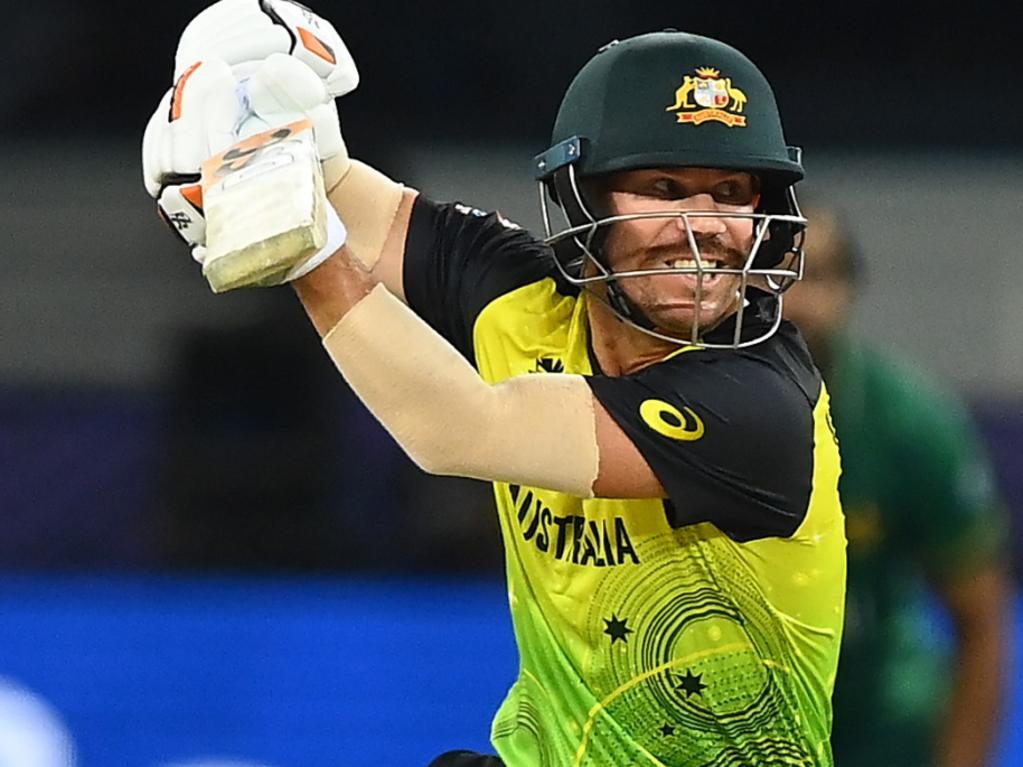Transgender debate ignores athletes having an advantage
An architect of World Rugby’s transgender athlete guidelines says elite women’s sport has been caught in the crossfire of a public debate around inclusion.
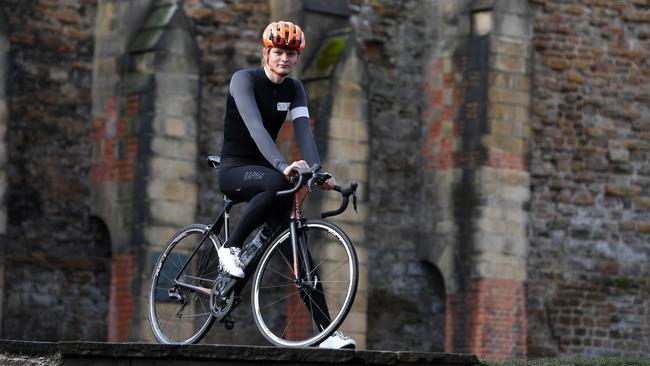
Professor Ross Tucker is one of the architects of World Rugby’s transgender athlete guidelines, one of the only policies in world sport that has instructed federations to ban trans-women competing at an elite level for “safety” reasons.
The sports scientist, and others involved in that decision-making, thought that their transgender policy developed in late 2020 would be replicated across major sports.
“World Rugby thought that other sports would see us and either imitate or replicate … and they didn’t,” Tucker said.
Instead, Tucker says many sports bodies have continued to embrace inclusion over science and “data”, which in turn has seen several high-profile trans-women rise to the top of their sport.
Tucker predicts if the inclusionary policies remain in place up to 20 trans-women will be competing at the Olympics by 2032.
Most recently trans-woman Lia Thomas, who won the 500 yards at the NCAA championships, voiced her hopes of swimming for the USA at the Paris Olympics and last month trans-woman cyclist Emily Bridges of Wales shot into the spotlight with her aim to compete at the Commonwealth Games.
It’s left several sporting bodies scrambling to reconsider their rules around trans-women athletes or in the case of British Cycling this week – suddenly suspend its transgender policy in full.
If sporting bodies continue to open the door for trans-women, Tucker expects more athletes like Thomas and Bridges to focus on competing at the Paris Olympics and beyond.
“It‘s difficult to not see (competitors) doubling every Olympics,” he says. “There weren’t any trans-women competing in 2016, then we had two in 2020.”
“I mean just since the Tokyo Olympics, we’ve had two very high-profile trans-women athletes. I would imagine that by the time we get to Paris, there are eight to 10 who qualify – if sport doesn’t change its policies, then those eight to 10 have to be selected, right? It would be discriminatory for the sports not to allow them.”
“But in Paris, you could have five to eight trans-women competing. Maybe your first medal that comes along.
“By the time we get to what’s next, Los Angeles (2028 Olympics) essentially you could see 12 to 15. And then by the time you get to Brisbane, there could be 20 competitors.”
Tucker – who has worked as a science and research consultant for World Rugby and is a high performance expert – says that fairness and inclusion just cannot coexist in women’s sport.
While governing bodies such as World Athletics, USA Swimming and the Australian Football League, have policies stipulating and restricting testosterone levels, Tucker says there is no good evidence that suppressing testosterone removes male advantage because the biological affects of the hormones in males is not undone.
“The moment you actually sit down for an hour and you start reading even one or two papers, you realise this has been sold the emperor’s clothes,” Tucker says.
He says performance advantages are likely to persist even after athletes follow the transgender policies of sporting bodies and lower their testosterone levels to the mandated amount.
“The premise was if we take away male advantage, then we can include anyone in women’s sport and it won’t be unfair,” Tucker said.
“But the reality is that you can’t do it; there’s an asymmetry that exists between what testosterone does and what happens when you undo testosterone. So whatever it is in our biology, that gives males advantages, and it’s many things; it’s a skeleton, muscle, lungs, it’s blood, it’s nerves, tendons, those things don’t disappear.
“And so we can’t cut the baby in half and give everyone equal amounts and be happy with everything. That’s the problem. You end up in a dilemma where you have to make a choice, not a balance. That’s the reality. And if you understand that it’s not a balance and you understand you can’t have fairness and inclusion.”
The International Olympic Committee, after the Tokyo Games last year issued a framework which said there should be no assumption that a transgender athlete automatically had an unfair advantage in female events.
It said that the individual sports needed to set their own guidelines.
A group of medical experts criticised the revised framework in January in the opinion it could lead to unfair competition.
Elite women’s sport has been caught in the crossfire of a public debate around inclusion.
Tucker believes women’s sport has been hijacked by the “advocacy side” for those to drive their transgender agendas across the community.
“It has become increasingly clear to me that women’s sport is a stage for a societal argument. I think people have identified that women’s sport was a way that they could drive certain social agendas … which arguably devalues women’s sport,” Tucker says.
“When people who don’t know sports and who don’t care for sports see it, I can actually understand that they bring to this debate a different paradigm, a different set of priorities compared to people in sports … now that doesn’t make them right. I think they’re wrong. So when I read things about how everyone deserves a chance … that’s not elite sport as we know it, right?”
And while World Rugby’s policy may be the most stringent in sport, there are some rugby federations who have chosen not to implement it and Tucker says it is “out of fear”.
Some unions told Tucker and his colleagues while; “we think you are right, we agree with you, but we won’t do it, because the backlash will be huge”.
“One of the unions that rejected the guidance from World Rugby did so because they basically said it’s not worth the blowback,” Tucker says.
Tucker says big unions in 2020 including England, Australia, USA, Canada and New Zealand “rejected” the guidance of World Rugby’s recommendation which states those transgender women who “transitioned post-puberty and have experienced the biological effects of testosterone during puberty and adolescence” cannot currently play women’s rugby.
“When World Rugby passed its guidelines, it didn‘t make it law because we have to respect that our member unions have got their own legislation and constitutions and legal frameworks,” Tucker says. “And so we asked the member unions to ‘please implement it’, but we couldn‘t insist.”
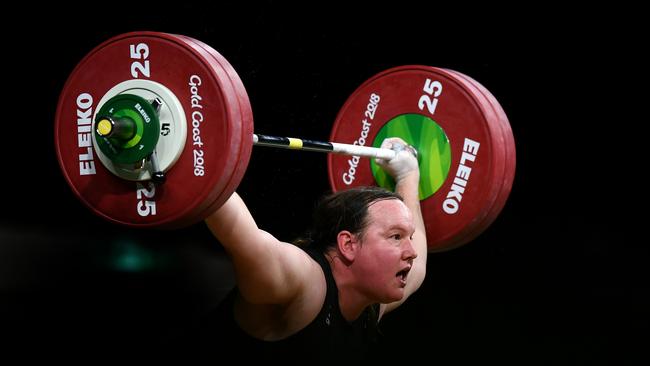
“And so many of those, yours (Australia) being one, New Zealand, Canada, USA, England, they all rejected that guidance.
And I was very disillusioned by that because that was being rejected in part by medical people, by people who had been in that sport for 20 years of their lives or more by scientists who worked for those unions.”
“I don’t know how they picked a side and justified it to themselves, but it’s incredibly frustrating.”
Tucker believes it showed they have been “held captive by advocacy groups” and “outsourced their decisions” to them. Transgender advocates maintain inclusiveness should be the overriding factor in sports policies and that excluding trans athletes from participating in women’s sport only increases the stigma and discrimination they face.
While Bridges, the cyclist who was aiming to qualify for the Commonwealth Games, has been effectively stood down pending an investigation by the world cycling governing body (UCI), the fall out over her bid to ride in the women‘s British National Omnium Championship last month continues.
On Tuesday the longstanding sponsor of one of Britain’s most prestigious women’s cycling races pulled out in protest at British Cycling’s suspension of its transgender policy.
Sponsor Peter Stanton withdrew £15,000 ($26,500) for the Women’s CiCLE race. In turn women’s sports groups Sex Matters and Fair Play for Women offered to make up the shortfall.
In Australia, it has become an election issue. Save Women’s Sport a group which wants to ban participation of trans-women and girls for all levels of sport had received an endorsement from Prime Minister Scott Morrison.
Morrison said a co-founder Katherine Deves – who is a candidate for the seat of Warringah in Sydney’s northern beaches – had raised “very important issues” via Save Women’s Sports. “I share her views on those topics,” Morrison said on radio.
It was subsequently revealed Deves had posted a tweet describing trans-kids as “surgically mutilated and sterilised”.
She also likened trans-activists to Nazis.
Morrison on Wednesday distanced himself from anti-transgender legislation being pushed by conservative Liberal MPs. The PM said a plan to block trans-women playing community sport won’t be supported by the government.
Tucker says people absolutely have the right to identify and live how they please. But when it starts impeding on others – the discussion needs to be greater and deeper – when it comes to elite sports.
“We all have every right to identify how we please and live as we please – but when that right starts to infringe on other rights – we have to change the way we assess this discussion,” Tucker has said.


